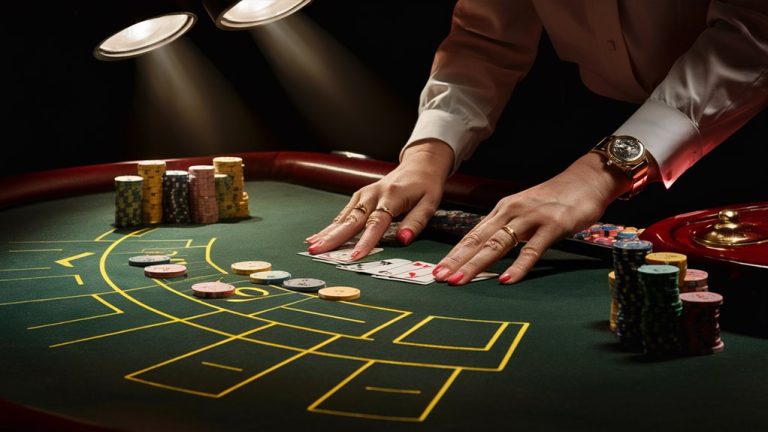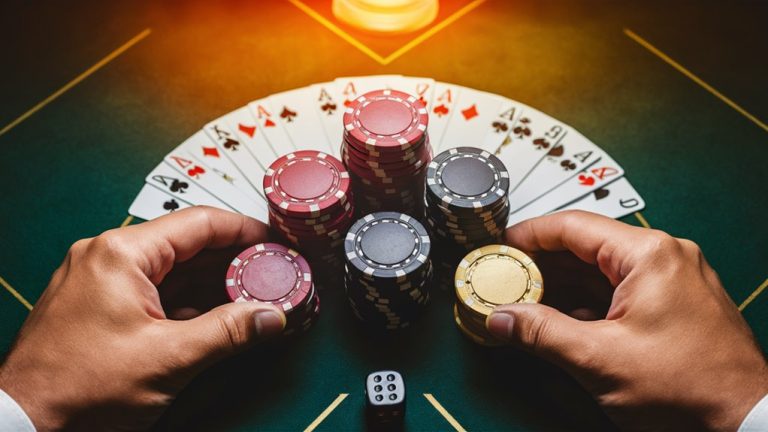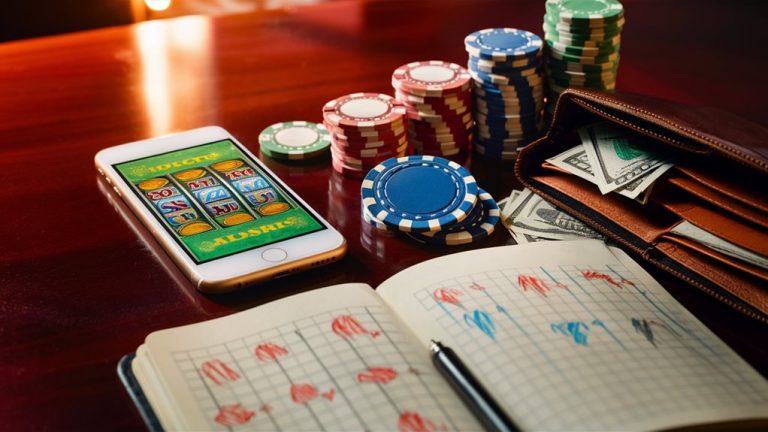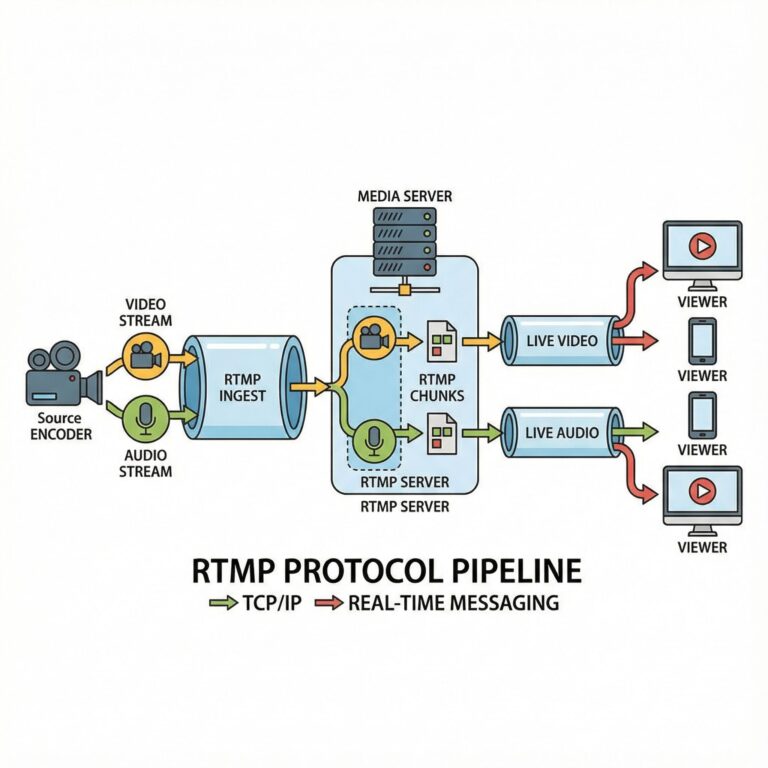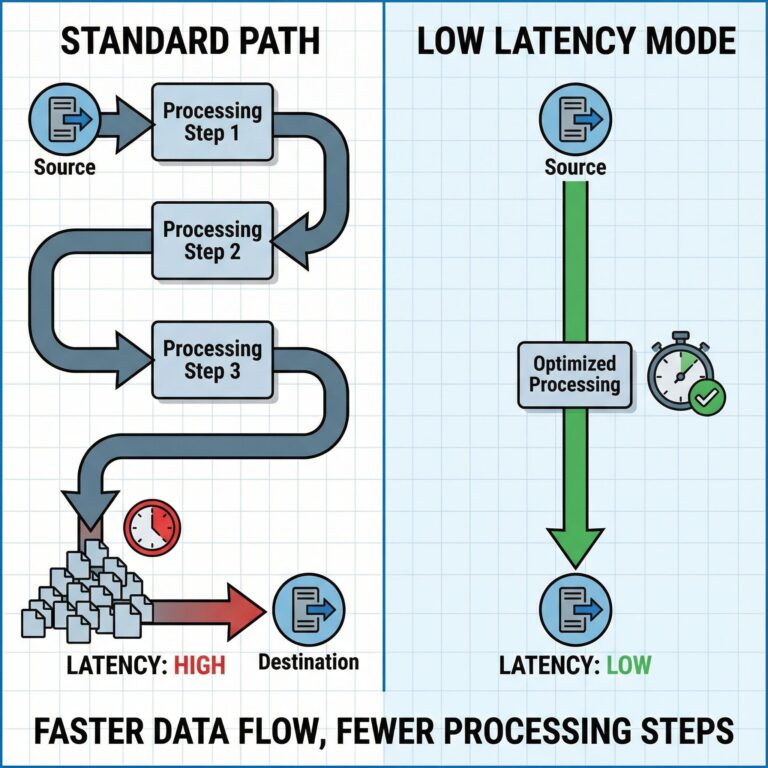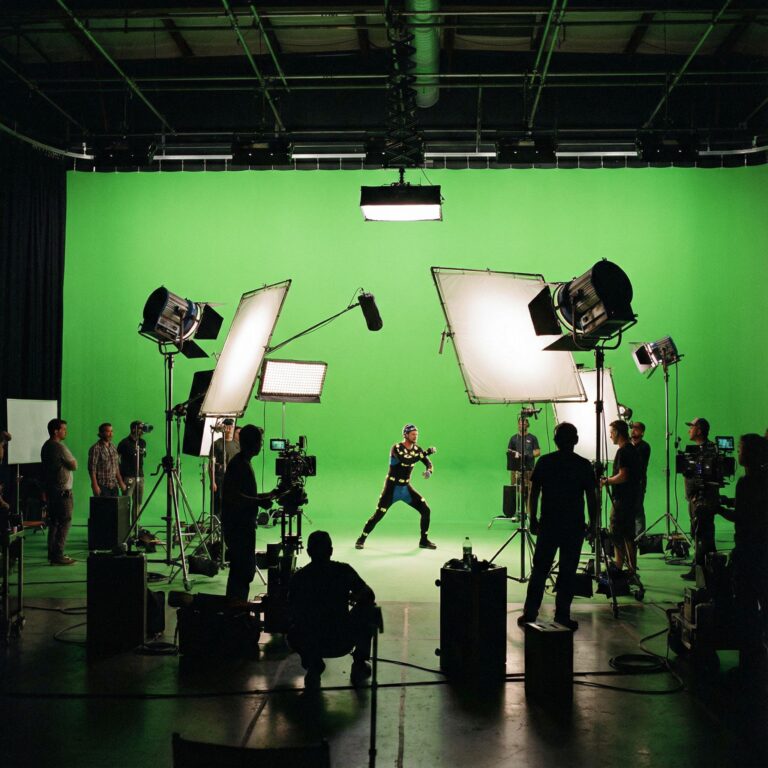Big Poker Lies Set Right: Expert Talk and Real Show
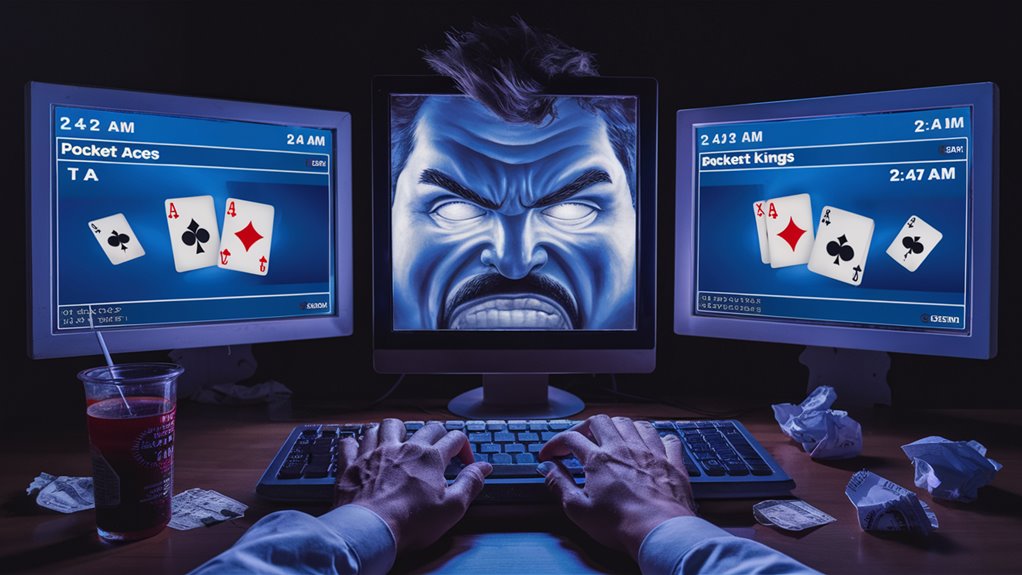
The Bluffing Lie
Pro poker guys hardly bluff as much as TV and films say they do. Stats show good players only bluff in 25-30% of games. Look at Daniel Negreanu, who picks when to bluff with care, not just going all out always. 신뢰할 수 있는 리뷰 보기
The Perfect Game Myth
Even top names like Phil Ivey and Phil Galfond often look back at their wrong moves and get better. The tale that poker play can be perfect goes away when we see how the best always try to fix their thinking and learn more.
Seeing Tells vs. Using Math
Big movies focus on small face moves, but winning moves in poker come mostly from knowing betting ways and game place. Doug Polk’s math plan shows about 90% of smart choices come from game math and not just looking at faces.
Web Poker is Fair
Random Number Gen (RNG) in web poker games gets checked a lot for it to be fair. Even as people claim they are set up, big independent groups prove that these games are fair, making sure play is right across key poker spots.
The Math Truth
Doing well in poker means getting the math and guess values right, not just myths. Smart poker ways need:
- Good game place
- Smart bet sizes
- Stats check
- Keen cash control
These main ideas, full of math rules, help win often.
Bluffing Wins it All?
Bluffing in Poker: True Success Rates and Tips
How Much Bluffing?
Top poker players bluff way less than most think, mostly just in 25-30% of games.
While bluffing looks fun to new folk, real winning moves focus more on strong plays and using right math.
Good poker games come from smart play, not just tricks.
Smart Bluffing and Money Care
Too much bluffing can kill your game money when others see and get how you play too much. Making bluffs work takes thought about many things, like board look, place perks, and how others play.
Bluffing well needs a mix that keeps others unsure while you keep winning.
Half-Bluffs and Chances
Half-bluffing is one of the top ways in poker, great when you have hands that might win.
These moves can win by making others fold now or ending up with strong hands.
Long wins come from smart math-based choices more than tricks.
Hands that might win two ways are better for bluffing than just weak bluffs.
Pros Never Mess Up?
Poker Pros and Mistakes: The Real Talk
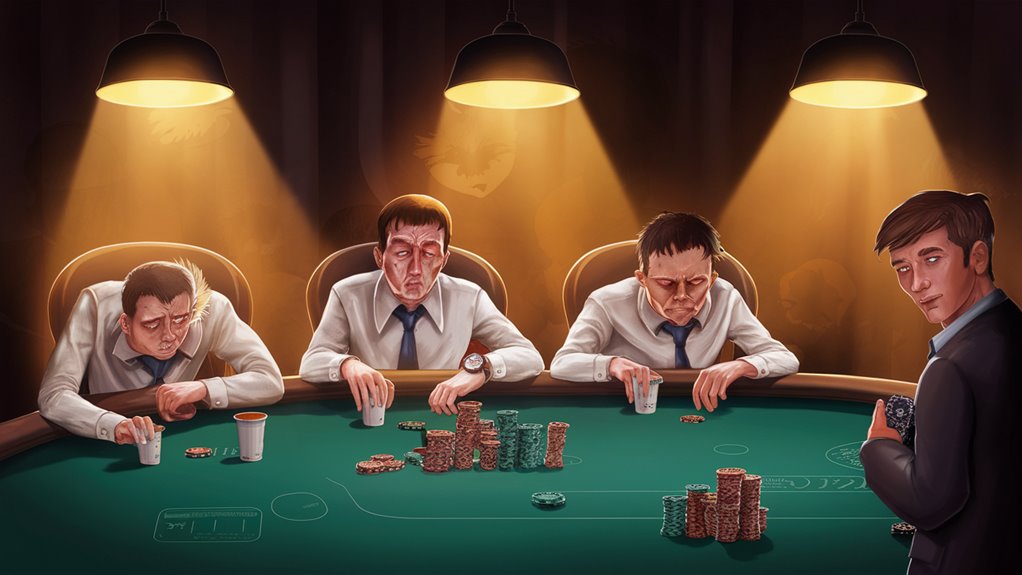
Top-Level Poker Truths
Pro poker players often get viewed as never wrong, but this isn’t true for the game.
Top players mess up at the table, showing perfect play isn’t there even for the best.
Big Mistakes in Big Games
Daniel Negreanu’s 2020 head-to-head with Doug Polk showed big betting errors, while Phil Ivey’s wrong fold in the 2009 WSOP Main Event shows even legends can miss big moments.
These moments show how tough decisions in poker can be.
Learning from Wrong Moves
The real gap between pros and fun players is how they see mistakes.
Top guys like Phil Galfond often watch their old games, seeing where they went wrong.
This look back turns oops into lessons, making them play better.
Getting Better by Checking Errors
Pro poker plans call for using mess-ups as clues, not fails. This way of thinking lets players:
- See choices with a cool head
- Spot when they go wrong often
- Make plans for usual trip-ups
- Stay strong against bad mood moves
Knowing that even the best slip up makes getting better at poker about steady growth, not just hoping to play without slips.
Play More to Do Better?
Poker Practice: Quality Over Just More
Smart Poker Training Insights
Just playing more poker doesn’t mean you do better. While many think making their play time longer helps, this view misses the mark on real strategy build and skill get.
Even seasoned hands can get stuck by doing the same less-good moves again and again.
Practice on Purpose
Good practice times are key to poker betterment. The best mix includes:
- Hand checks after every game
- Deep look at key choices
- Study how others play
- Set study times (30 mins of learning for every hour played)
Data Checks on How You Do
Steady betterment needs clear checks on how you do:
- Win rates by place
- How ranges of hands work
- How you do in key game spots
- How well you shift with the game
These checks help spot weak spots, make smarter choices, and form plans to do better.
By keeping an eye on clear results and smart changes, players make more headway than just by upping how much they play.
Learning More, Playing Less?
Add to your table time with:
- Database looks at your own past hands
- Regular talk with good players
- Use of tracking tools
- Training on set game bits
These ways make sure each hour at the game makes you smarter and more wise to strategy.
Web Poker Cheats?
Is Web Poker Set Up? Facts Check
Random Numbers and Fair Play
Web poker being right depends a lot on top-notch random number makers (RNGs) and serious rules check.
Big poker spots go through many outside checks to prove their random plays match world needs for true chance. How to Create Unforgettable Casino Events for Players
Big operators risk their whole business on keeping play right, making set ups both bad for business and not making sense money-wise.
The Math Behind What Seems Set Up
Stats checks of millions of games across spots show that web poker fits with chance math.
While players may hit bad luck often, these bits match normal math going ups and downs more than cheats. The deal of cards and hands fits expected random ways when looked at big.
